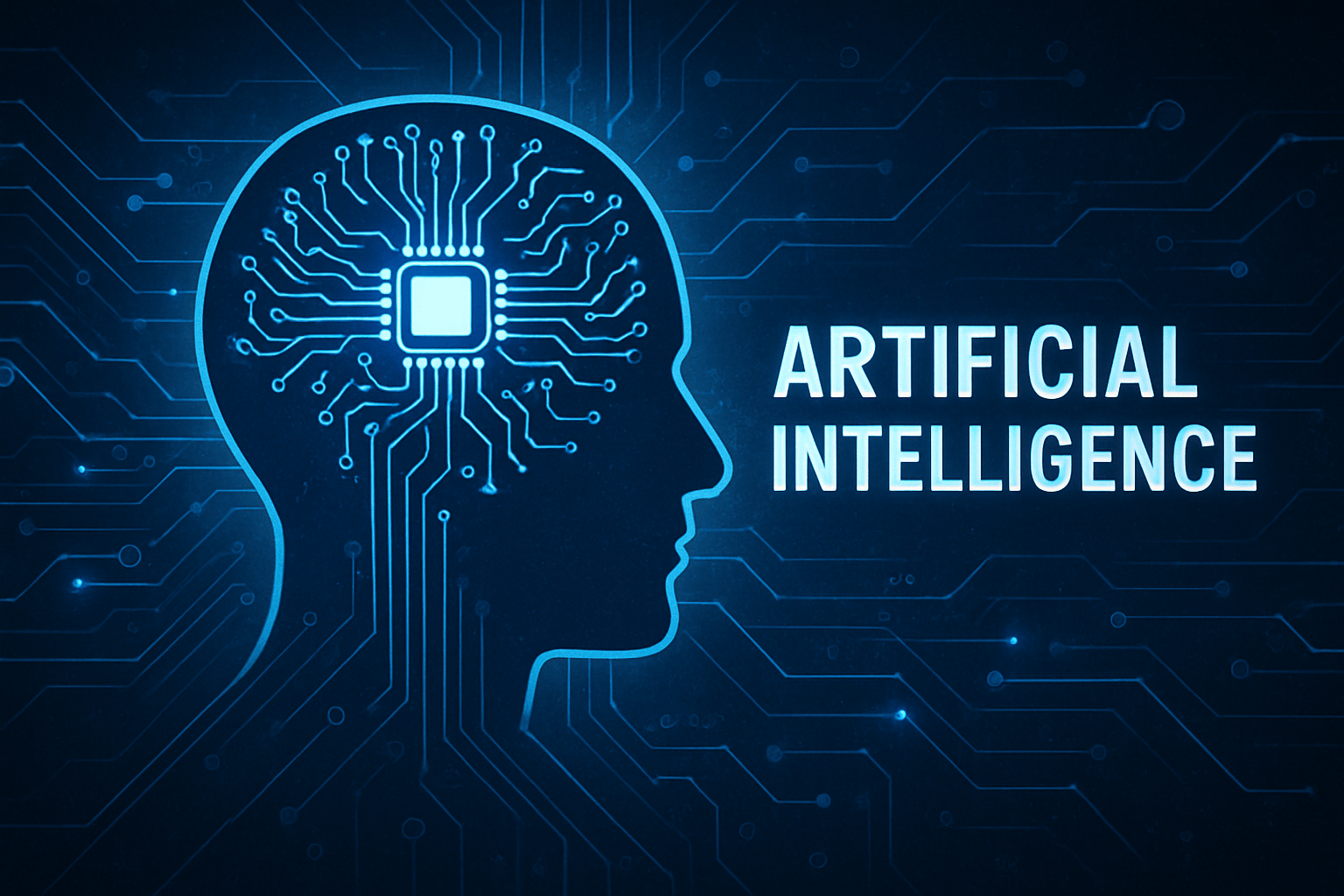In recent years, Artificial Intelligence has changed and is changing the way the world works. It has driven innovation and breaking boundaries in the technology sector and across industries—from healthcare to finance to entertainment.
Because of all the amazing benefits, more business owners and professionals are considering adding a degree in AI to their resume.
If you’re interested in pursuing this degree, you might already know how much it can help your career or business.
However, that's not the only thing you should carefully consider when making this decision. Like any educational investment, earning this degree has many potential negative implications that can significantly impact your finances and professional and personal life.
So, is an artificial intelligence degree worth it? Read on to discover the answer!

Is An Artificial Intelligence Degree Worth It?
An Artificial Intelligence degree can be favorable for your career, but it does come with a few challenges.
In this section, we'll explore the advantages and disadvantages of earning this degree and a few things to consider before deciding.
What are the benefits of studying an artificial intelligence degree program?
Obtaining this degree can have a positive impact on your career and business.
The most obvious benefit is the competitive advantage it gives. This degree demonstrates your specialized knowledge and expertise in AI– one credential that sets you apart from CS or BBA graduates. This increases your chances of finding employers already looking for professionals with your specific skills.
In addition, this specialized skillset increases your earning potential. According to career resources, employers offer higher starting salaries to candidates with highly specialized or advanced degrees, and an AI degree is one of them.
Another great thing about studying AI is that it gives you multiple career options. Since its benefits are not just limited to the tech sector but also extend to various industries like healthcare, automobile, finance, etc., you also get to work across these sectors.
That’s why this degree is highly beneficial for business professionals or entrepreneurs: it can help them achieve unparalleled business growth faster and more easily. AI systems can help businesses process data better, helping them to solve complex problems and make difficult business decisions compared to other business owners with no AI background.
Using AI, they can find better and more efficient ways to communicate with their customers, market their products and services, convert their leads to sales, manage their finances, and more.
What are the drawbacks of studying an artificial intelligence degree program?
Before undertaking such a big venture as an AI degree, you should know the potential drawbacks you might encounter.
The most obvious drawback is it’s a costly venture. Since this is a tech course, tuition fees are more expensive than most courses. As if that’s not enough, you also need to finance the equipment to design and implement AI algorithms, which might be far more expensive than your schooling expenses.
Another potential disadvantage is AI’s fast-paced nature. While a degree can provide you with the basic principles and strategies, it’s not enough to keep you up to speed about the latest trends and innovations in the industry.
As a result, you still need to prioritize continuous learning even after obtaining this degree.
Lastly, having a specialized degree comes with limited career-switching opportunities. While specialization can open up great opportunities for you, its limited scope can work against you if you decide to switch to a different field of computer science later.
Because of this, you should only pursue this degree if you’ve already decided that a career in AI is the best option for you. If not, a CS degree might be a better fit.

Considerations before applying for a degree in artificial intelligence
To determine if an AI degree aligns with your lifestyle, personal and career goals, there are many important things to consider.
Firstly, you need to think about your interests, passion, and strengths. You see, AI is a complex and intensive study, so it’s not for everyone. It involves long hours of studying, so you need to make sure that you’re genuinely interested and passionate enough to see the struggles through.
It also includes solving complex statistical problems, so a solid foundation and strong skills in mathematics are also essential.
Next, you need to think about your professional goals. Decide on the industry you want to join and the types of AI jobs you wish to pursue. Then, research the jobs’ qualifications and credentials to see if an AI degree can fulfill them.
When you’ve already determined that getting an I degree is the right fit for both your professional goals and personal considerations, then you should look into the program’s curriculum to ensure that it will give you the basic AI fundamentals and teach you basic AI skills, like Deep learning, Machine learning, Natural Language Processing, Robotics, Data Analytics, and Data Science.
Another factor to keep in mind is the program's schedule to determine whether you have enough time in your schedule to cover it. If a full-time study is not an option, you can try more flexible options such as a part-time course, an online program, or a hybrid setup.
Last but definitely not least, consider your financial resources. It’s important to note that this degree is expensive, so you need to ensure that you have enough budget to finance it. If not, you can try looking for universities or programs that are offering financial aid, educational loans, or scholarships.

Conclusion - Is a Degree In Artificial Intelligence Worth It?
Based on the abovementioned important considerations, a degree in artificial intelligence is worth it if you:
-
Want to have a specialized role in the computer science industry
-
Have strong mathematical knowledge and programming skills
-
Are a technology enthusiast who wants to get better positions and earn higher salaries
-
Are an entrepreneur planning to offer AI-related products and services
-
Are a professional in the academe or a research-related industry
-
Are a business professional planning to harness the power of AI for growth
If you've finally decided that taking an AI degree is the right move, your next step should be to find a way to minimize the potential drawbacks. Nexford is here to help you with that!
This US-based university offers a DEAC-accredited online BBA program in Artificial Intelligence that offers quality AI education at a fraction of the cost of most traditional degrees. Not only that, but you can also finish the program at a flexible pace, so you can save more money and customize it to fit your hectic schedule.
FAQs - About How To Decide If It’s Right For You
What is an artificial intelligence degree?
An AI program is a course specializing in studying advanced computer systems and algorithms designed to simulate human intelligence and possess problem-solving abilities.
When pursuing this degree, you can choose from these two options:
Bachelor of Science in Artificial Intelligence
This AI program is much more detailed and comprehensive than all the other options, so it’s the best option for those who want to dive deep into the AI field.
However, this can be restrictive for those wanting to build a career in a broader tech field or enter the business industry, so it’s recommended only to those technology professionals who want to build a successful career in AI.
BS in Computer Science or BBA in Artificial Intelligence
Minoring in AI while pursuing broader industries like computer science and business administration is a good way to have a competitive edge over candidates while establishing a more versatile career.
What can you do with a degree in artificial intelligence?
A bachelor’s degree in AI can provide you with basic AI principles and techniques that can help you land entry-level jobs, like Data Scientist, Software Engineer, AI Engineer, Machine Learning Engineer, and Robotics Engineer.
On the other hand, a BBA in Artificial Intelligence can qualify you for these positions: Artificial Intelligence (AI) Consultant, Marketing Analyst, Business Analyst, and Operations Analyst.
What can you do with a master’s in artificial intelligence?
On the other hand, a Master of Science degree in Artificial Intelligence offers advanced coursework that can help you land higher-level roles and even enter the consultancy and research sectors.
Some of the high-paying AI jobs you can get with an MBA in Artificial Intelligence include AI Strategy Consultant ($148,000), Business Development Manager ($118,500), Operations Manager ($77,700), Chief Technology Officer ($187,700), Chief AI Officer ($155,800), AI Product Manager ($151,400), and Data Science Manager ($155,300).
Is a master's in artificial intelligence worth it?
The right answer depends on your career goals. Earning a higher and more advanced degree in this field is worth it if you aim to stick to an artificial intelligence career path, land these prestigious tech jobs, and obtain management and leadership positions in the industry.
However, an MBA is more expensive and may take more time and effort than a BBA.
That's why you should check out Nexford’s online MBA Program designed to help business professionals develop in-demand skills and earn recognized credentials that can further their career.
With the help of technology, they have made their programs 100% online, so they are highly accessible, affordable, and flexible, allowing you to learn while earning.










